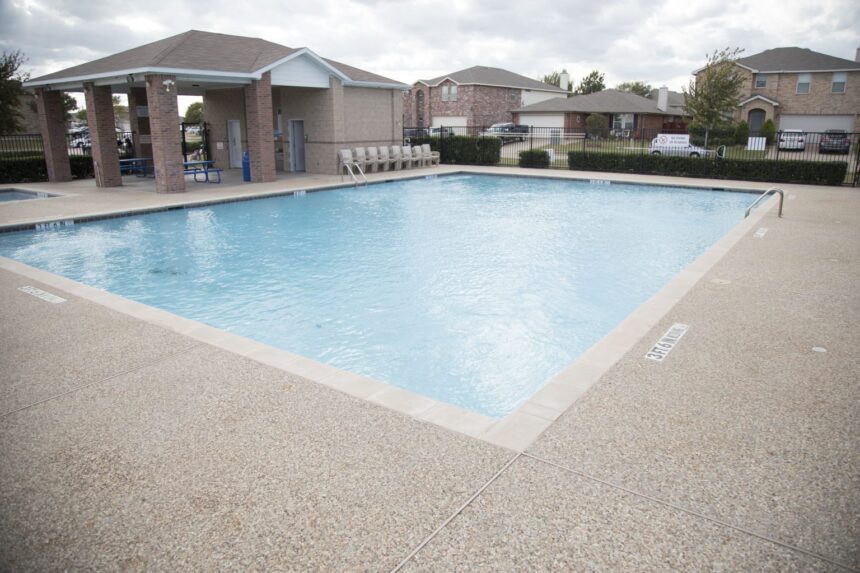Maintaining and enhancing residential communities depends much on property management for homeowners associations (HOAs). An HOA guarantees that the community follows its guidelines, preserves shared spaces, and keeps the neighborhood running as it should. For these organizations, good property management is vital as it guarantees homeowners’ contentment, helps to control money, preserves infrastructure, and guarantees rule enforcement. This post will go over the nuances of property management for homeowners association, its advantages, and how it affects the residents as well as the HOA.
1. Understanding the Role of Property Management in HOAs
Between homeowners and the board of directors of homeowners organizations, property management businesses form a vital relationship. Their primary goal is to guarantee seamless daily operations of the community. This covers receiving resident complaints, administering the financial side of the organization, enforcing community policies, and supervising maintenance chores. They frequently give the board direction and legal matters, regulatory, conflict-resolution, and competence.
Maintaining compliance with federal, state, and local regulations is absolutely essential for property management for homeowners associations. HOAs have to run inside certain legal frameworks, hence the management business makes sure that all required rules are fulfilled. Property management plays a multifarious and difficult function from organizing yearly meetings to handling resident conflicts.
2. Financial Management: A Crucial Aspect
Managing money is one of the most crucial roles property management serves for homeowners associations. Budgeting, assessment collection, reserve fund management, and payment for required repairs and upkeep fall to property managers. This guarantees that the HOA gets ready for upcoming costs and runs within its means.
Good financial planning—including keeping an emergency reserve fund for unanticipated repairs or legal problems—is what a well-run HOA demands. By helping HOAs create budgets that accurately represent the demands of the community, property management firms help to enable both regular upkeep and large long-term expenditures. Many HOAs would struggle to juggle these conflicting financial needs without a property management provider.
3. Maintenance and Upkeep of Common Areas
Maintaining and caring for shared places in the HOA community falls under another important duty of property management. This covers anything from street sweeping to landscaping to pool upkeep to shared facility repairs including gyms or clubs. Hiring and monitoring contractors falls to the management business, who also guarantees timely and within budget performance of all required repairs and services.
Homeowners’ associations’ property management guarantees that the neighborhood stays appealing and safe physically. Regular inspections help to identify any possible problems; the property manager arranges repairs and enhancements to prevent degradation of the assets of the community. Maintaining these spaces helps property management firms preserve the value of the properties within the association, therefore benefiting the residents over time.
4. Enforcing HOA Rules and Regulations
Every HOA has a set of guidelines, covenants, and bylaws that members are supposed to obey. Property management firms guarantee that the community stays cohesive and that conflicts are settled fairly, therefore helping to enforce these standards. Maintaining order in the association mostly depends on property managers handling noise complaints or imposing limitations on house alterations.
Among the most difficult components of property management for homeowners organizations is enforcing regulations. It calls for careful balancing keeping a harmonic community with guaranteeing compliance. Expert property managers guarantee that all activities taken follow legal requirements, resolve conflicts between residents, and have experience in mediation of disputes.
5. Effective Communication Between the Board and Residents
Any effective HOA depends on communication, hence property management firms help to enable open and honest channels of contact between the board and the residents. They take care of administrative tasks like newsletter distribution, email correspondence management, and resident information on community activities, rule changes, and significant updates.
Conflicts and misinterpretation avoidance depend on effective communication. Teams in property management make sure homeowners interact with their neighborhood and feel informed, therefore fostering openness. Maintaining residents in the loop helps them to be happy with the HOA’s activities, therefore fostering the general harmony in the neighborhood.
6. Navigating Legal Challenges and Conflicts
Any HOA community might have legal problems ranging from conflicts concerning rule enforcement to arguments over property borders. HOA rules are familiar to property management firms, who may also offer the board insightful legal assistance. This knowledge is absolutely essential in preventing possible lawsuits and handling disputes that can turn into legal fights.
Moreover, home association property management guarantees that the HOA follows federal and state regulations controlling community associations. This might cover fair housing rules, tax laws, and other legal obligations particular to HOAs. Property managers lower the board and homeowner legal risk by offering this direction.
7. The Benefits of Hiring a Professional Property Management Company
Homeowners associations benefit much from the choice to engage a property management business. These businesses guarantee that the community is kept in good condition, money is used wisely, and regulations are followed fairly by bringing professional experience. Moreover, by managing daily tasks of administering the HOA, property managers save board time and effort.
Hiring a property management business also has another major advantage in that it helps one to make long-term community planning possible. Working with the board, they create strategic plans covering future demands like reserve money increase or improvement of community facilities. Experience helps property management firms make sure the HOA keeps flourishing and expanding, therefore benefiting all the residents.
Conclusion: Ensuring a Thriving Community with Property Management
Maintaining the efficiency, peace, and financial stability of residential communities depends on property management for homeowners associations in great measure. Property management businesses let HOAs run efficiently and give residents a well-kept, orderly, and desired living environment from tasks ranging from financial administration and maintenance to legal advice and rule enforcement.
Hiring a seasoned home owners association management company is an investment with great rewards for homeowners associations looking for long-term success. These experts not only assist with everyday activities but also provide a wealth of information guaranteeing the proper running of the community.


